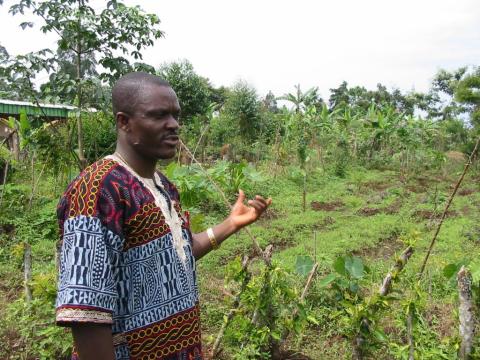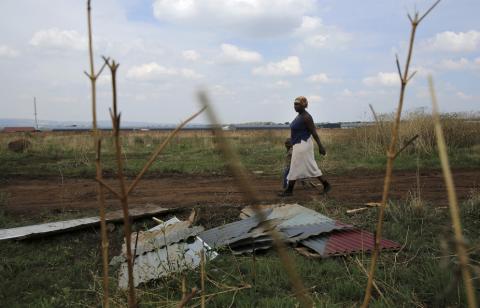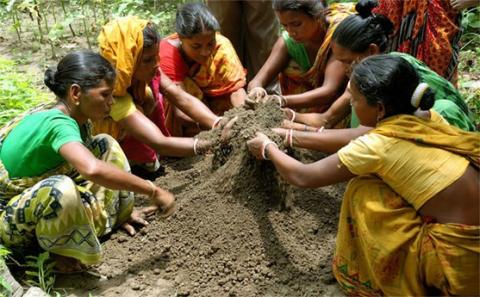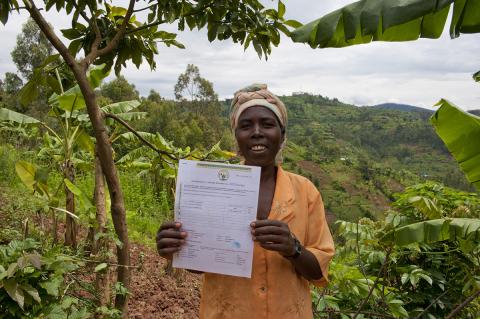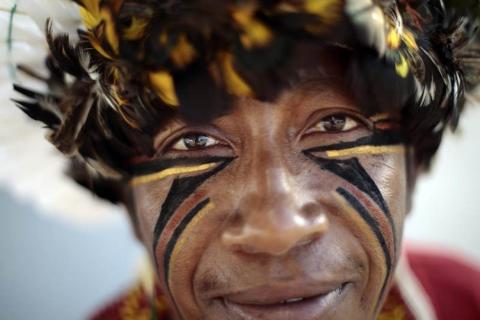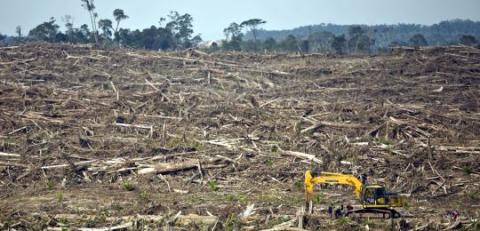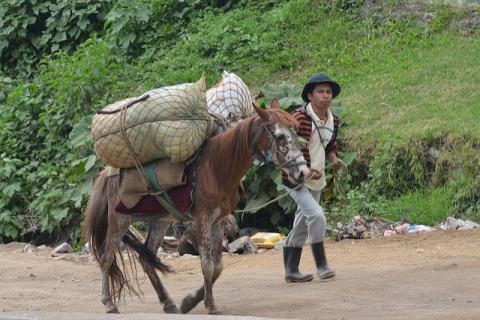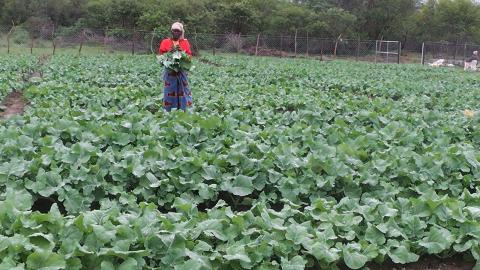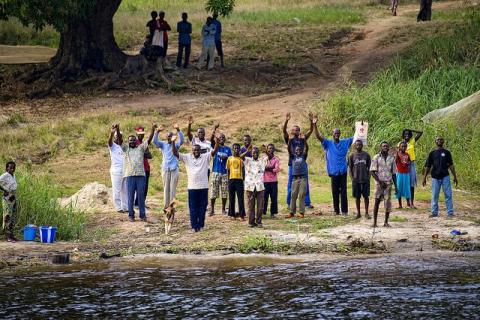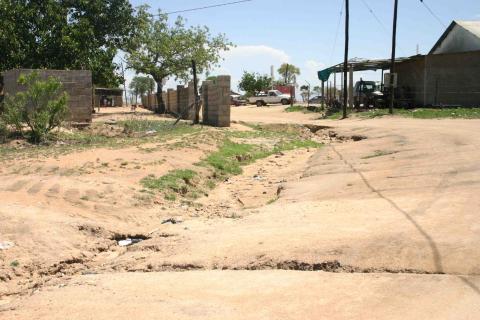Discover hidden stories and unheard voices on land governance issues from around the world. This is where the Land Portal community shares activities, experiences, challenges and successes.
 Follow our
Follow our
Sustainable Development Goals
Blog Series!
Interested in land corruption?
Follow our Land & Corruption Blog Series
for in-depth perspectives from the experts.
Issues
Geographical focus
King Leopold’s Ghost and the 21st century scramble for Africa’s farms and foods
AID AND INTERNATIONAL DEVELOPMENT / CORPORATE POWER / FARMING AND AGRICULTURE DEVELOPMENT / FOOD / NEOLIBERALISM
BY: Joan Baxter
By Ruth Hall, Associate Professor, Institute for Poverty, Land and Agrarian Studies, University of the Western Cape, and Ian Scoones, Professorial Fellow, Institute of Development Studies, University of Sussex
This article originally appeared in Foreign Affairs.
By Tim Hanstad
By Colleen O'Holleran
Over the past few decades there has been growing awareness of the need to strengthen land rights for women and men across the African continent. As a result, governments have come under growing pressure to improve laws, policies and institutions to guarantee Africa’s smallholder farmers secure land tenure.
Adding to the urgency of this call to action is the global land rush for farmland, which has raised concerns about large land-based investments displacing smallholders and pastoralists.
By Nicholas K. Tagliarino, World Resources Institute
Land and property rights are key to myriad development goals, from hunger to women's economic empowerment. So why are they so hard to obtain?
By Lorenzo Cotula, Principal Researcher for the International Institute for Environment and Development (IIED)
The commodity slump has cooled the global land rush. But land rights are still under pressure, requiring action at local to global levels.
By: Sara Gustafson
Date: May 26th 2016
Source: International Food Policy Research Institute (IFPRI)
By Mary Jane Ncube, Farai Shone Mutondoro and Manase Chiweshe
In Zimbabwe land is power. And when this power is abused to score political points or amass wealth illegally, the most vulnerable citizens are the hardest hit. In the traditionally patriarchal communities of Zimbabwe, these citizens are most often women.
By: Fai Collins
Date: Sunday, 29 May 2016
Source: CIFOR
A university on the banks of the Congo River is producing the next generation of experts on sustainable forestry.
More than 20 years into its democracy, South Africa is still a long way from returning all 24.5 million hectares of land back to the communities who were dispossessed of it during apartheid.

